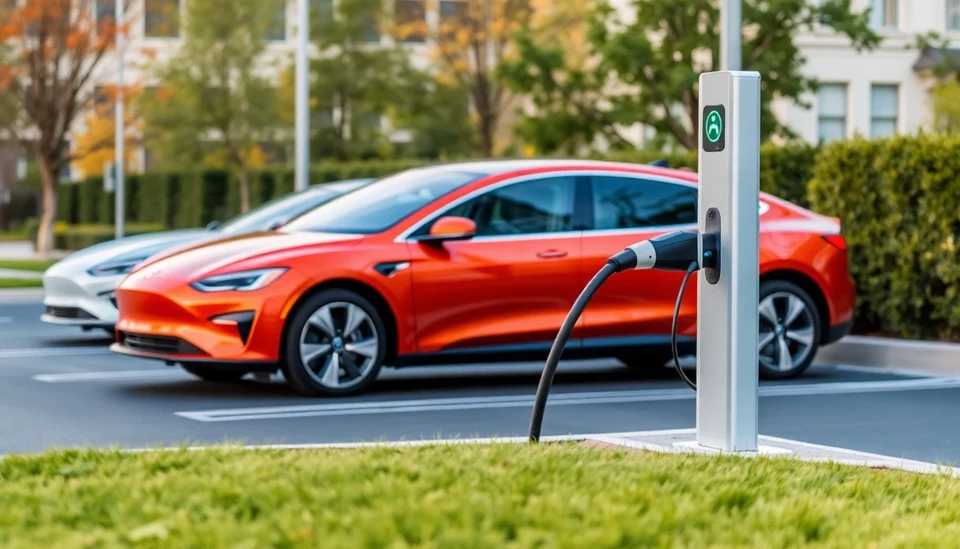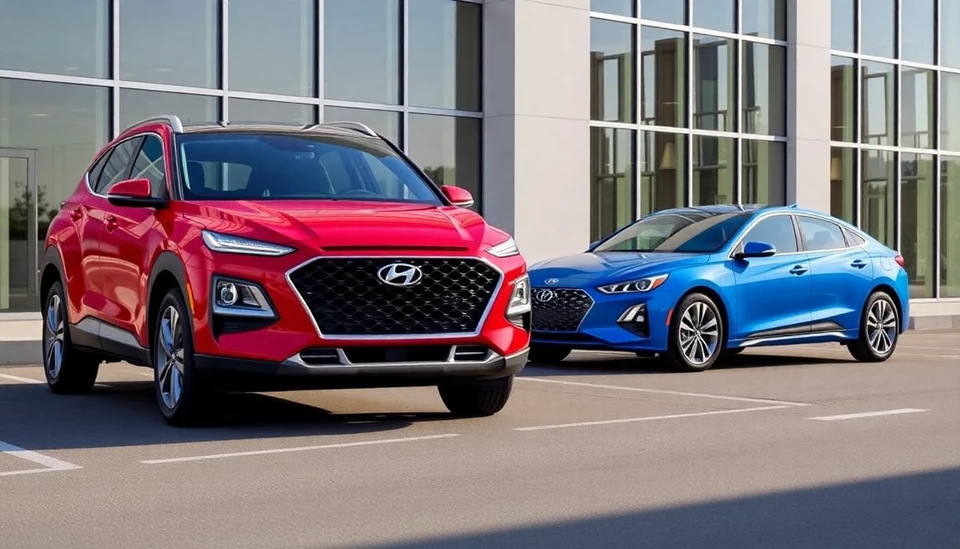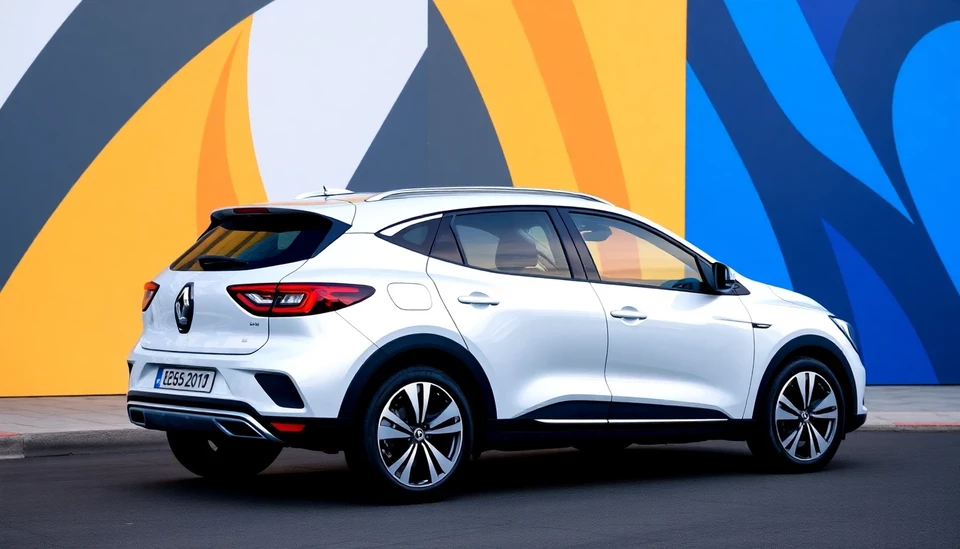
As we enter 2025, the electric vehicle (EV) market is witnessing a noticeable slowdown in sales, prompting major automakers to reevaluate their strategies. Following a vibrant surge in demand over the past few years, the once-booming sector is feeling the impact of various challenges, including supply chain disruptions, rising interest rates, and intensified competition.
The market cooled significantly in the latter half of 2024, with some reports indicating a decline in sales growth as consumers show hesitation amid economic uncertainties. High costs associated with EVs, coupled with a plateauing of subsidies and incentives, have contributed to this deceleration. Analysts note that what was once seen as an exponential growth trajectory is now shifting into a period of recalibration and strategic adaptation for manufacturers.
In response, automakers like Tesla, Ford, and General Motors are refining their approaches to revitalize interest and boost sales. Tesla, historically the market leader, is focusing on diversifying its lineup with more affordable models and enhancing its autopilot features to maintain its competitive edge. Meanwhile, Ford is betting on its popular F-150 Lightning to attract traditional truck buyers who might be reluctant to switch to EVs. The automaker is also exploring collaborations with charging infrastructure companies to ease consumers' range anxiety.
General Motors, on the other hand, has announced ambitious plans to pivot towards sustainable energy after facing a decline in its electric model sales. The company is investing heavily in expanding its production capacities for electric vehicles, targeting a broader demographic with its pricing strategy and marketing campaigns that highlight the long-term cost savings associated with EV ownership.
The pressure isn’t limited to American automakers. International competitors like Volkswagen and Hyundai are also ramping up efforts, with renewed focus on affordability and efficiency in order to attract a wider user base. VW's latest models are designed with an emphasis on sustainability without compromising on range, while Hyundai has initiated various educational programs aimed at informing potential buyers about the benefits of switching to electric.
Market analysts suggest that while the current slowdown may appear daunting, it could provide an opportunity for consolidation and maturity within the industry. Automakers are urged to optimize their production methods, streamline supply chains, and strengthen partnerships within the EV ecosystem to enhance resilience against market fluctuations.
To foster growth, many industry leaders are advocating for continued support from governments in the form of incentives, infrastructure development, and public awareness campaigns that emphasize the environmental impacts of electric vehicles. By addressing consumer apprehensions about the transition to electric mobility, they aim to turn the tide once again toward positive sales momentum.
In summary, as electric vehicle sales face challenges and enter a cooling phase, automakers are strategizing anew. By focusing on price points, expanding model offerings, and addressing consumer concerns, they hope to reignite enthusiasm for EVs and steer the industry back towards a growth trajectory.
#ElectricVehicles #EVSales #Automakers #ElectricCars #Sustainability #MarketTrends #AutomotiveIndustry #EVChallenges #GreenTechnology #FutureMobility
Author: Sophie Bennett




